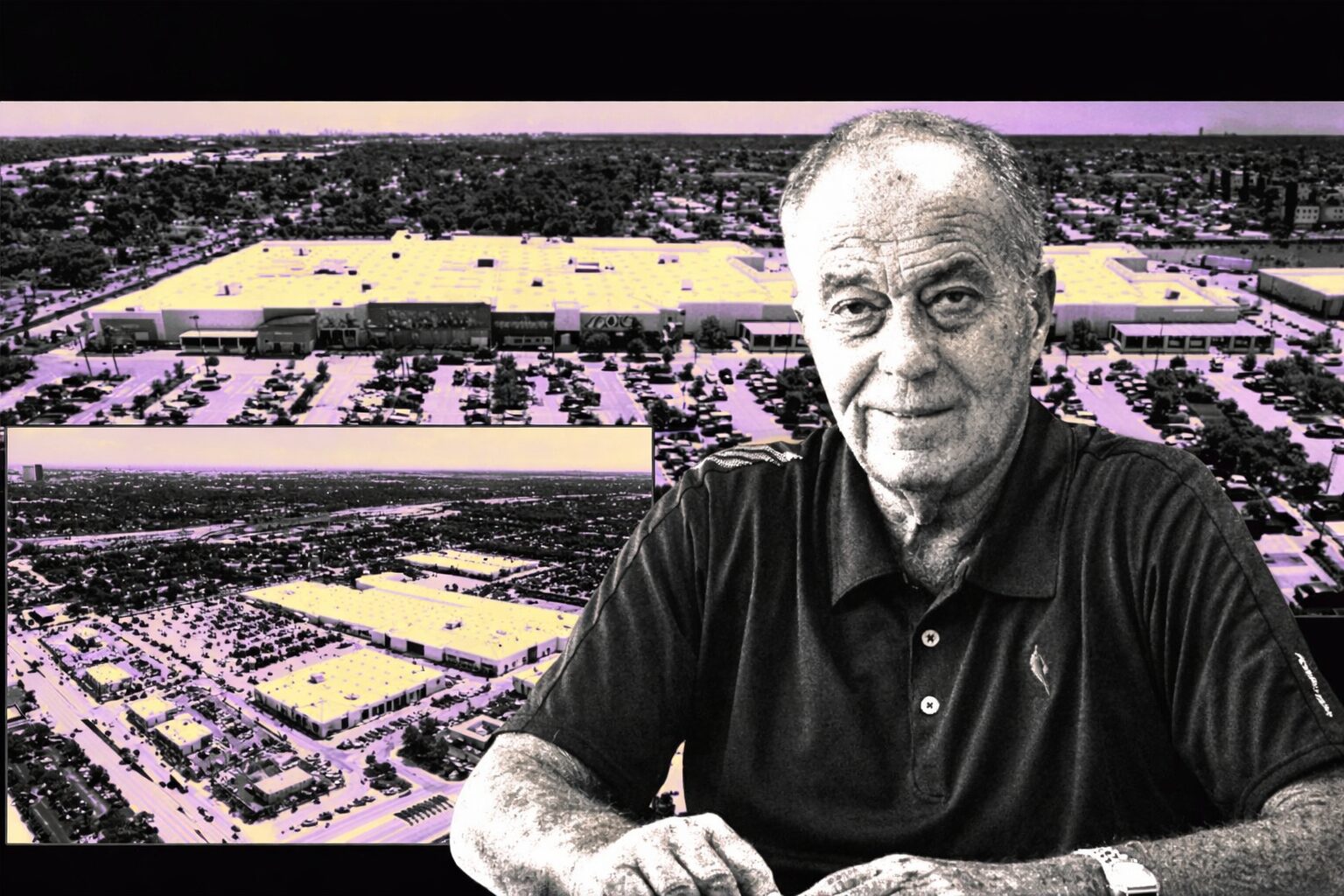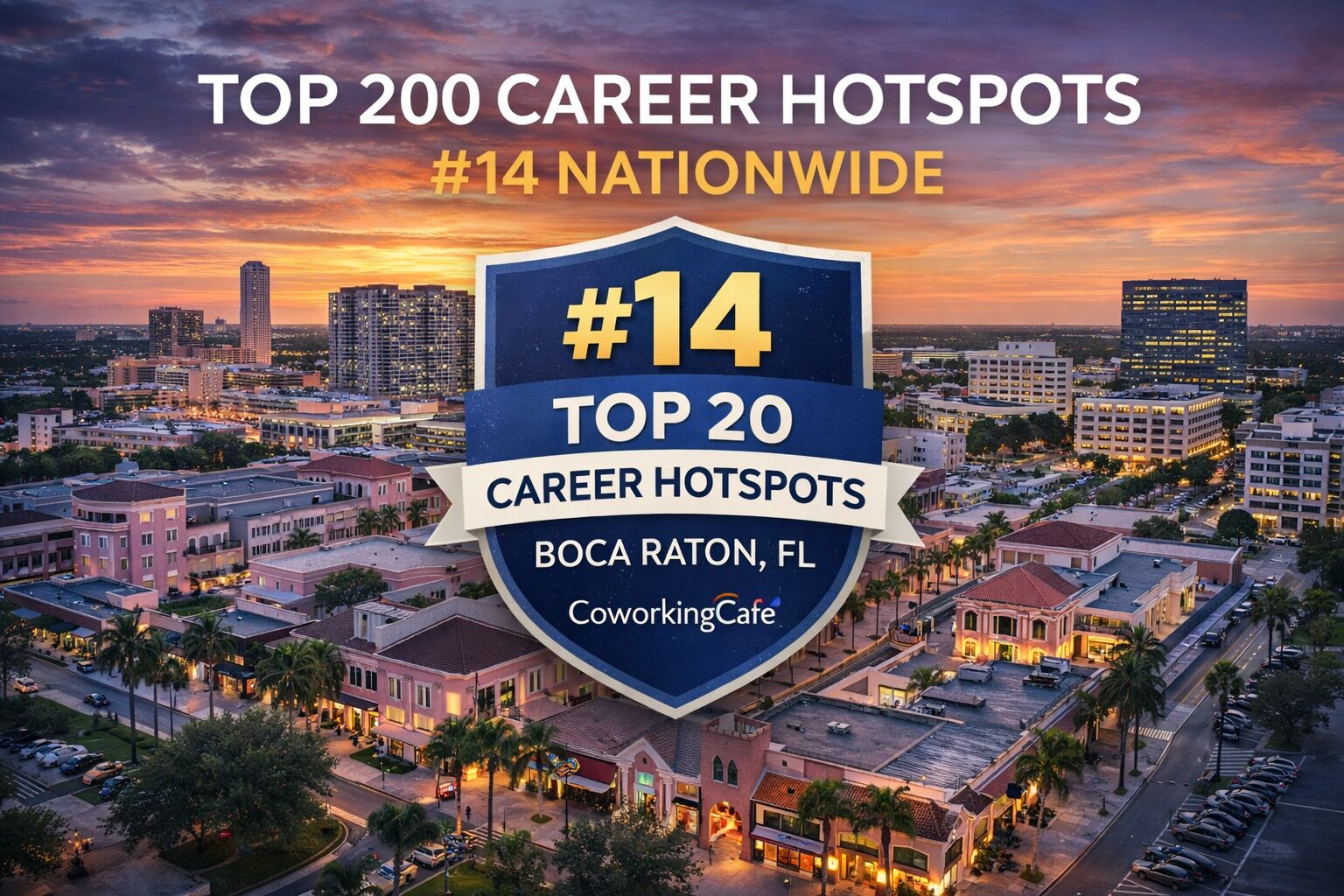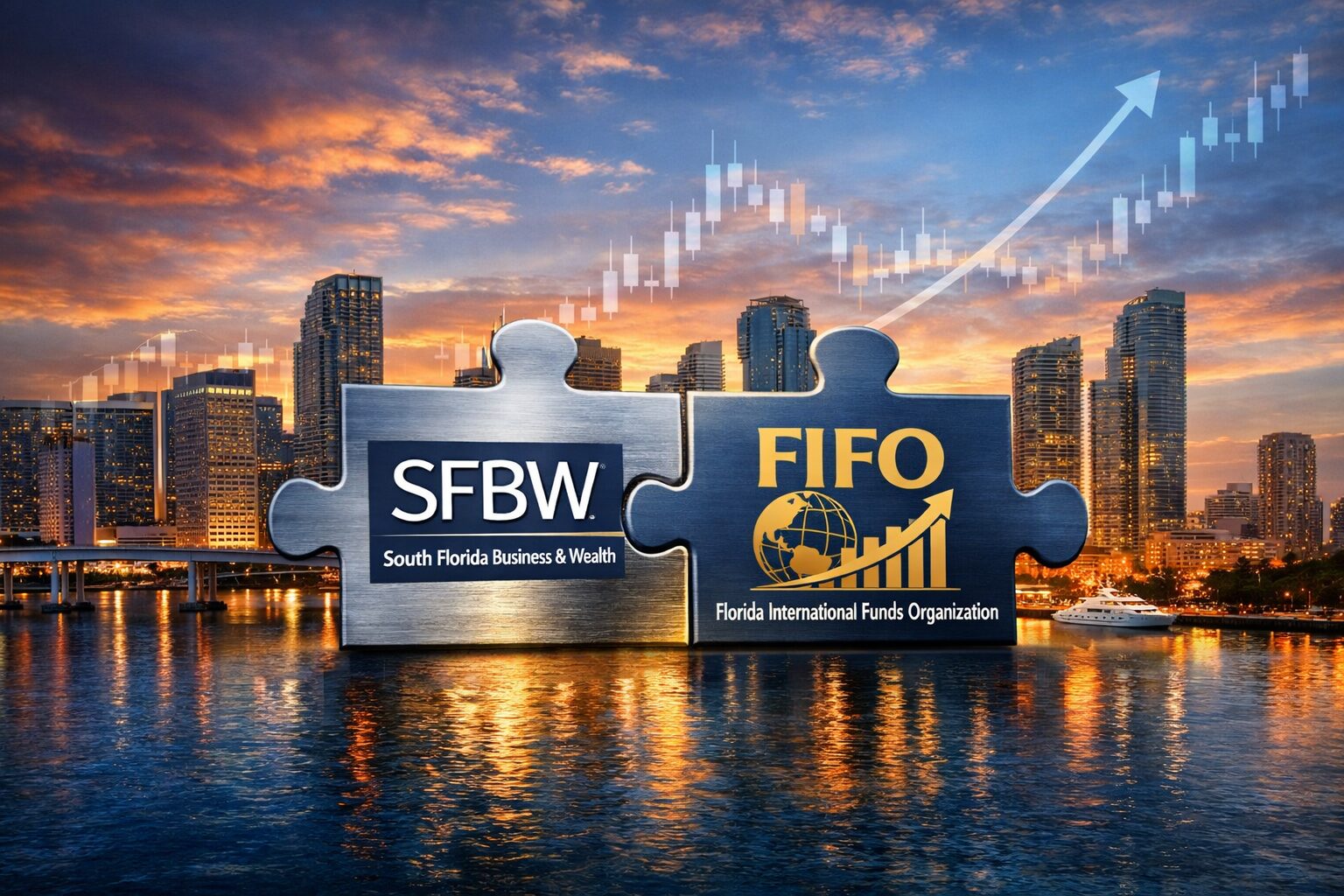George LeMieux, Bill Perry lead a statewide charge
By Kevin Gale | Patrick Clinton Photography
Gunster started out as a law firm with one lawyer in 1925, and 92 years later, it has nearly 400 lawyers and staff in 13 offices across the state. It’s a go-to firm in the world of business and wealth.
Two longtime veterans of the firm, Chairman George LeMieux and CEO Bill Perry, talked about the firm, its culture and strategies. LeMieux also talked about his time in government service as Florida’s deputy attorney general, the governor’s chief of staff and as a U.S. senator.
The following transcript has been edited for brevity and clarity.
What are your major practice groups?
Perry: We have eight major practice areas, and four of those are larger groups: real estate, corporate law, business litigation and private wealth. The private wealth group is the largest of any of the large firms in Florida and one of the largest nationally. We are seeing a huge wealth migration to Florida from all parts of the country and all parts of the globe.
The basis for our strategy is that we want to stay here in Florida and focus on all the good things here. That has worked for 92 years and should work for the long haul.
LeMieux: In 2007-08, we positioned ourselves as a statewide firm with a strategy to build a statewide platform. We were very fortunate that we did well financially during the recession. A lot of what Bill and I have done is seek out talent across the state. For a professional firm, the most important thing is people—attracting best-in-class lawyers.
Perry: We had a strong balance sheet and no debt going into the recession. We hadn’t grown too fast in the heyday of the early 2000s. We went through a strategic planning process in 2006-07 and had a tight-knit group of shareholders who had a common vision for the firm—what it was and what people cherished, such as camaraderie and collegiality. In our expansion model, we didn’t want to sacrifice culture. We may have had the financial opportunity to grow faster, but we were careful to maintain the culture.
Each office has its own set of personalities, culture and heritage. We are a very diverse firm in terms of race, gender and opinion—and that’s embraced—but we’re all in this together.
LeMieux: A huge value at Gunster is, we care about each other and work hard for each other. When a colleague calls you, no matter whether you are in Jacksonville or down the hall, you drop everything to help your colleague. Whoever is the best lawyer at the firm is going to do the work. It’s not an eat-what-you-kill sort of silo. If it comes in through Tampa and the best lawyer is in Miami, that’s who it is.
We hire slow. We spend a lot of time with a person before we bring them on board. Candidates meet with more than a dozen folks to make sure it’s a fit.
What are the key attributes
of the firm?
LeMieux: The most important thing is the people who work here. Most businesses would say customers are the most important. Clients are tremendously important, but we want people here to be happy, successful and productive. When they are, they will do great work for clients. Whether it’s the receptionist, the person in the mailroom or a senior partner, we all have to deliver first-tier quality work for clients
How do you define your roles?
Perry: I would say we are organized as a law firm like some of our corporate clients. We have a strong managing shareholder day to day, with a strong administrative team supporting and making the trains run on time. Then the board, with George as chairman, provides strong policy advice. Then, like most chairmen of the board, George’s role is externally focused, positioning the law firm around the state. We have tried to divide management responsibility in the past year by appointing individuals as local and regional managing partners.
LeMieux: It has been a great partnership since I came back to the firm in 2008. It’s a huge job to run a law firm. Bill has done a great job and we coordinate really well.
What has been the
growth strategy,
such as geography or practice area?
LeMieux: We want to be in all the major city centers in Florida, and we are in Orlando, Tampa, Jacksonville, West Palm Beach, Boca Raton, Fort Lauderdale and Miami. We also are in the wealth centers because we have a strong tradition, back to 1925, of being lawyers for some of the wealthiest people, so we are in Vero Beach, Stuart, Palm Beach and Ocean Reef. I think we are in all the markets we want to be in, but we do look at the west coast—Naples and Sarasota—and think there are opportunities. But we wouldn’t jump in without an A-player joining us.
When did you start to assume leadership roles?
Perry: I was given responsibility at a relatively young age. Seven to eight years in the practice, in the early 1990s, I was chair of the associate committee for the firm. I did that for a decade. That group works on associate issues, such as compensation and mentoring. In 2001-02, I moved from the associate committee and got on the board. In 2007-08, I took over as managing partner and George took over as chairman.
LeMieux: I was a young lawyer and was asked to co-chair the litigation department in Fort Lauderdale in 2000. Then I went to the Florida attorney general’s office and then the governor’s office until the end of 2007. I came back in 2008. That’s when the firm was going through a revisioning process, and I assumed a leadership position.
Who are your role models?
Perry: We’ve had a lot of good role models in the firm. Marshall Criser comes back occasionally to speak to lawyers. He had a long and distinguished legal career and public career. He was president of the University of Florida. Ken Beall, a partner who retired last year, had 54 years of legal practice with the firm. That’s sort of unheard of in today’s firm.
LeMieux: We have had some great legal lions in South Florida, such as Chesterfield Smith of Holland and Knight, who helped build great firms. Sandy D’Alemberte was at Steel Hector [& Davis]. He was an American Bar Association president and dean of the Florida State University Law School [and, later, president of the university].
George, tell
me about your
early life.
LeMieux: I was born in Fort Lauderdale and went to Emory University, undergrad, and Georgetown Law. I became interested in being a lawyer in the sixth grade. In health class, they did a profession a week, and they had a trial, and I was one of the lawyers in the trial.
How did you end up interning for Congressman E. Clay Shaw Jr. and U.S. Sen. Connie Mack III?
LeMieux: My dad was a homebuilder and built a house for a gentleman who was friends with Clay, and he got me an interview. I interned for him and then Connie Mack the first year he was in the Senate while I was in college. It solidified my interest in public service.
After college, I started at Gunster on day one. I joined the firm in 1994.
So, how did you end up becoming deputy attorney general with Charlie Crist?
LeMieux: I was president of the Young Republicans in Broward County. In Broward, that’s a tough route. Republicans were getting a foothold in politics. Democrats had been in the governorship since Reconstruction. The Legislature turned in the mid-1990s, and we would have speakers come in, including Jeb Bush, Charlie Crist and Katherine Harris. The Republican world was small.
I got to know Crist when he was a state senator. I helped him with his attorney general campaign as a volunteer and he asked me to be on his transition team and then picked me to be his deputy. It was a fantastic job if you really like to practice law. We handled a whole variety of legal issues and I worked with 400 great lawyers. I got to to argue a case in the U.S. Supreme Court on behalf of the state. It was a death penalty case, Florida v. Nixon. He was a murderer who tortured and killed someone about two miles from my house in Tallahassee. [LeMieux successfully argued that that the concession of Joe Elton Nixon’s guilt by his attorney was not automatically prejudicial ineffective assistance of counsel.] He’s still on death row.
Crist had aspirations, but was not sure he was going to run for governor. Then Lt. Gov. Frank Brogan left to become president of Florida Atlantic University. That changed everything. Everyone expected him to be the leading candidate. I left the office to run Crist’s campaign and spent a year outside of legal practice. I used to tell people I increased the size of jury pool.
So then you became the governor’s chief of staff
in 2007?
LeMieux: That was the hardest job I’ve ever had—an 18-hour a day job. You slept with your Blackberry on your chest. They don’t wake the governor up in the middle of the night. They wake you up and I decided if we needed to wake up the governor.
I never expected to stay in governmental service as long as I did. I always intended to come back to Gunster. I came back in 2008 and helped open the Tallahassee office.
How did you find out you were going to be appointed a U.S. senator?
LeMieux: I was in the West Palm Beach office and the governor’s chief of staff, Eric Eikenberg, called and said the governor wants to see you at the governor’s mansion. I said to myself, “This is going to be good,” because I didn’t know what he was going to say. It was unusual because we were very close. He sat me down in the front foyer and said, “I want you to serve the people well in the U.S. Senate.” I was shocked and I was amazed.
I had this moment when I was there for training. They bring you on the Senate floor and walk you to your desk and say, “This is where you will stand when you speak on behalf of the state of Florida. This is how you address the president and seek recognition.” I could feel the weight of responsibility, but it was a wonderful experience.
Bill, where were you born?
Perry: I was born in Jekintown, Pennsylvania, just northeast of Philadelphia, and grew up in Connecticut. I finished high school in Palm Beach Gardens. My father was a lawyer. I decided I was going to medical school until I got in college, and then I had a couple of professors in English literature that I enjoyed, and I started shifting. At the University of Pennsylvania, I was an undergraduate English literature major and qualified for a program with Kings College University in London. In law school, you read a lot and write a lot.
I went to the University of Florida law school,and as I neared graduation, Gunster was interviewing on campus. I knew I wanted to come back to South Florida, preferably Palm Beach County. Gunster had been the largest firm in Palm Beach County. I started in fall of 1986.
Final thoughts?
LeMieux: South Florida is transforming into one of the most dynamic regions in the world. With the new Brightline train connecting three cities, there will be even more business attracted to South Florida. Bill uses the analogy that Miami is Manhattan, Fort Lauderdale is Uptown and West Palm Beach is Greenwich, Connecticut. There is a convergence of wealth from people fleeing Latin America and people fleeing the Northeast for economic and regulatory reasons. It’s giving South Florida the potential to be the capital of the Americas. There’s no place I’d rather be than South Florida. It’s a great time to be in Florida and a great time to be at Gunster. ♦














